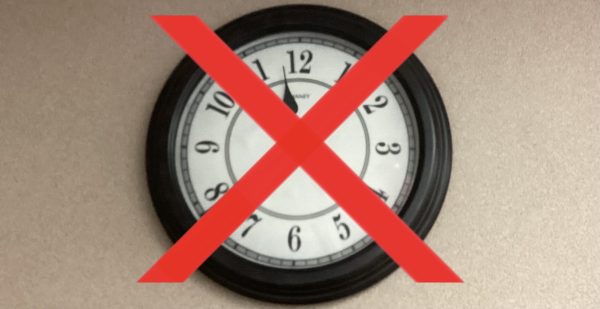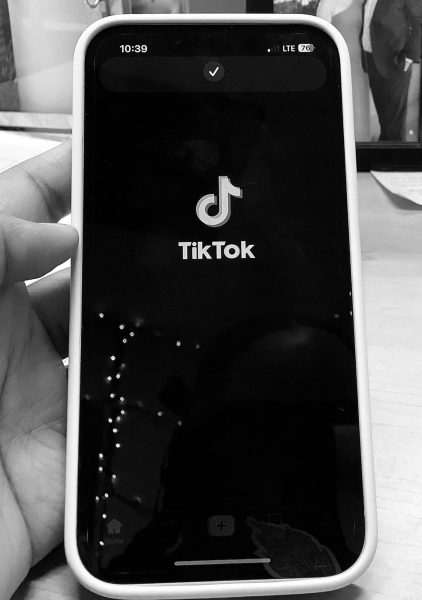Laziness: It’s Contagious!
There is no vaccine for laziness. The only cure is a double dose of productivity–a hard pill for some to swallow.
February 3, 2021
A lazy Sunday is something most look forward to–a chance to relax and let go of all the stress. Relaxation is key to most things, and finding that perfect balance is something most also strive for. However, too much of anything, even rest, is dangerous. Who would think that sleeping all day could be deadly? But, it can most definitely kill one’s productivity.
“Work all day and no play” is something that everyone dreads, but what if the roles were reversed? Instead of “work all day,” imagine it was “play all day.” This seems perfect–too good to be true, and it is. In fact, laziness, or at least the traits of laziness, are contagious. They have the ability to rub off on others and have nasty side effects, including depression, anxiety, low self-esteem, and even poverty. For example, say a friend invites another friend over to do homework. The meeting is meant to set up a goal waiting to be reached. However, if the second friend sits there and does nothing, it becomes off putting. This would result in both neglecting their work and focusing on screen time. The work, however, would still be there. This is a typical symptom of developing “the lazy trait.”
Closely linked with this trait is depression. Depression is a mental illness that is becoming more and more prevalent in today’s society. Instead of becoming proactive, however, many young adults and teens are leaning in the other direction, relying more and more on laziness. Social media doesn’t help the situation, either. Through social media apps, many are becoming caught up in this social media feedback loophole. This loophole, by far, has caused many to become less attentive and motivated to do work.
Liam Bird, an Elkhart-East junior, has reached this truth:”Procrastination is making me get behind so badly. Sometimes I see like 20 missing assignments, and I just can’t do them.” So, what does he do instead? “I will literally go and watch TIkTok for five hours straight, instead of doing my work.” However, the momentary feeling of satisfaction that procrastination brings quickly fades, leaving a person in a darker mental state than before. This lack of focus is now being linked to the rising cases of mental illnesses across the nation. Unfortunately, the symptoms won’t go away on their own. In order to combat them, one must engage in proactive thinking. Being proactive enables one to be more productive and successful in his or her everyday endeavors. For some, that may mean creating an attainable “to-do” list, prioritizing those tasks, and “marching” through each one. Others might “bribe” themselves with something fun they want to do after they have completed a task that they were not as anxious to do. The key is to stay productive.
Although many today are locked up in the house, there are always things to do. There is always a new hobby or new skill waiting to be explored. So, instead of scrolling mindlessly through TikTok, pick up a book, learn a new recipe, or do those 30 missing assignments!



















